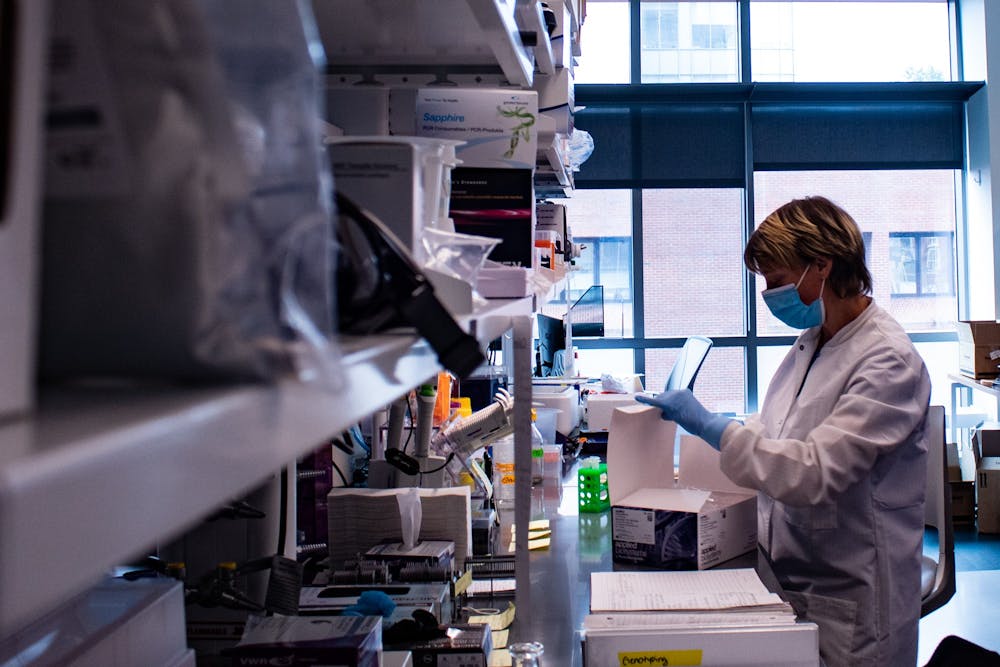The Chan Zuckerberg Initiative has awarded a team of researchers — which includes six UNC faculty members — a $3.5 million grant for their research on respiratory function and development in children.
The project, titled “Mapping the Pediatric Inhalation Interface: Nose, Mouth and Airways,” will contribute to the Human Cell Atlas, a collaborative project with the end goal of mapping every cell type in the human body.
The initiative has already awarded grants to several researchers at UNC for projects related to medical imaging, software development, COVID-19 response and more.
In total, the initiative offered grants to 17 groups of researchers representing 15 countries.
Dr. James Hagood, who serves as coordinating principal investigator and a professor of Pediatrics in the Division of Pulmonology at the UNC School of Medicine, said that the project aims to create a better understanding of respiratory cell structure and function.
“We are trying to create a cellular and molecular map of the nose, mouth and airways in infants and children,” Hagood wrote in an email.“Think of it as a ‘Google Earth’ of these parts of the body.”
The project is a collaboration from institutions around the world, and the University’s involvement is a big step for its clinical research programs, said co-principal investigator Dr. Richard Boucher, director of the Marsico Lung Institute.
“Much of the work at UNC laid the groundwork for what questions ought to be asked (in this project) and how they should be asked from a technology point of view — I think that’s why we got the grant,” Boucher said. “It puts UNC in the big leagues in a way, because it’s really a node in this broad and star-studded group of institutions and investigators.”
University researchers will collaborate with a team of international scientists to analyze cells involved in respiratory function and beyond. Samples for the research will be collected from six countries: Brazil, Germany, India, Malawi, Vietnam and the U.S.




